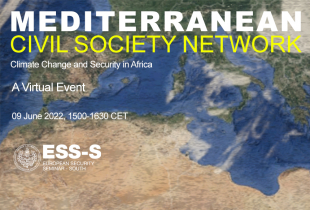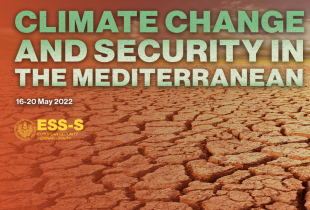
Translating the Climate-Security Nexus
by Dr. Katrin Bastian, Research and Policy Analysis Department
Thirty-five subject matter experts from 14 different countries participated in a workshop on climate change and security July 24-28 in Garmisch-Partenkirchen, organized by the Research and Policy Department of the George C. Marshall Center European Center for Security Studies. Ranging from Alaska to Nigeria, from Trinidad Tobago to Japan, and from Sweden to Saudi-Arabia, participants and speakers brought different regional perspectives and a diverse set of disciplines to the table (defense, political science and international relations, climate and natural sciences, geology, economy, diplomacy and legislature). The workshop coincided with the visit of the Deans of some of Marshall Center sister Regional Centers in Washington D.C., Anchorage, Alaska, and Honolulu, Hawaii.
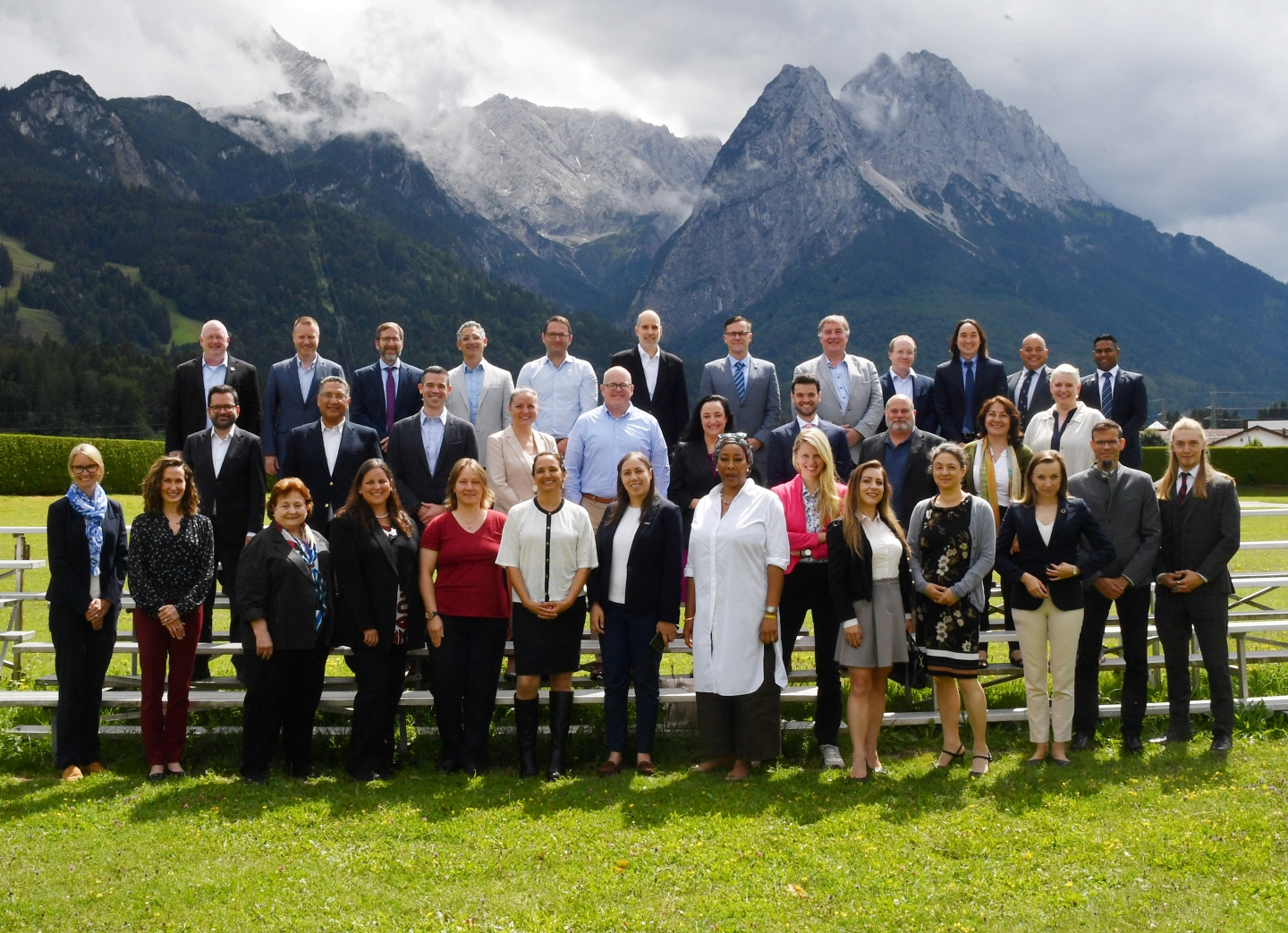
The aim of this week-long workshop was to translate climate change into concrete security risks at Europe’s Northern and Southern Flanks and to explore their implications to European security, and more specifically to EU and NATO. Three focus groups worked on the meaning of the so-called "climate-security nexus" in their respective region: the Arctic/High North; North Africa/Sahel; and the Levant/Middle East. Group work was inspired by several high-level lectures that analyzed different dimensions of the climate-security nexus: energy, national and regional security, human and economic security, and technology.
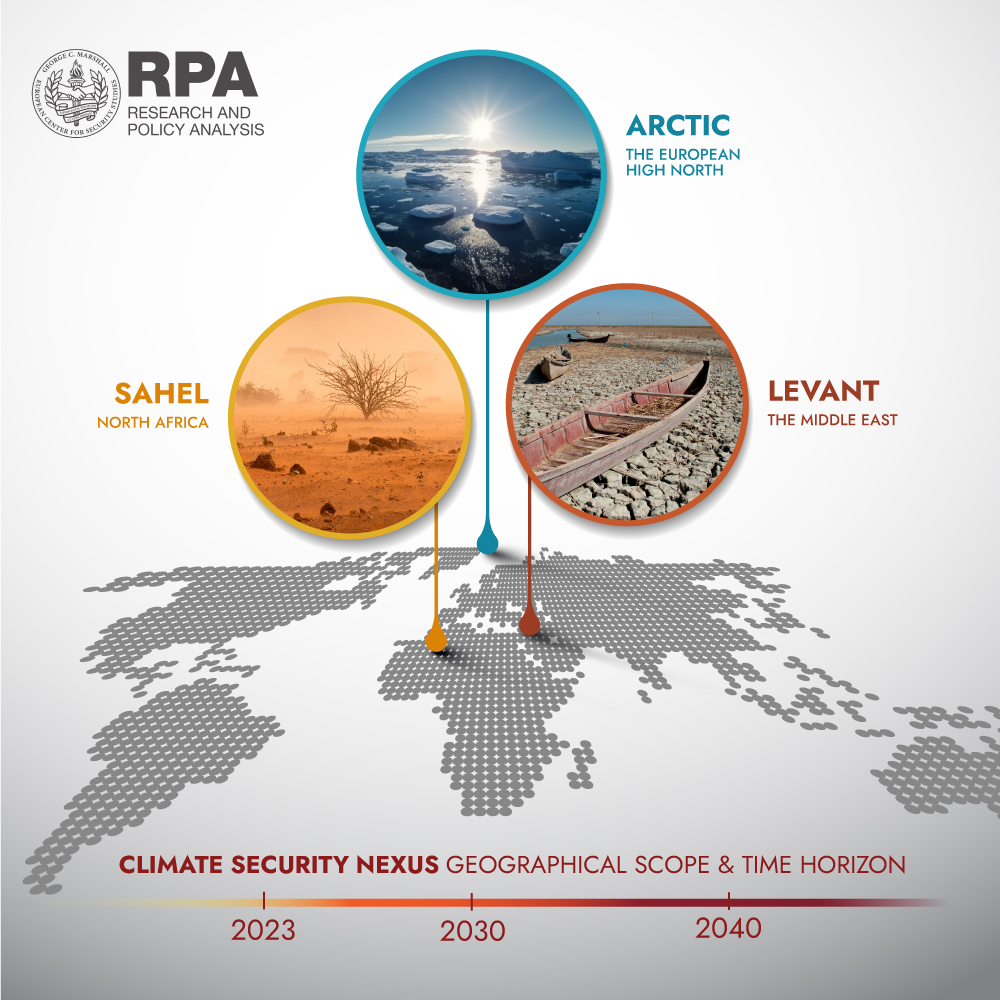
Following the official opening by U.S. Deputy Director of the Marshall Center, retired Brig. Gen. Tim McAteer, and Deputy Dean of Research and Publications, Col. Dr. Frank Hagemann, the workshop was kicked off by Dr. David Wogan from the Asia Pacific Energy Research Centre in Tokyo. In his global energy outlook, he described the the legacies of our 20th century energy infrastructures and delivery systems. Despite all enthusiasm about green transition, the share of fossil fuels in global energy consumption still stood at 81% in 2022.
Prof. Michaël Tanchum from the Middle East Institute in Washington, D.C., focused on explaining the connections between water, food and energy from a macroeconomic perspective, and how disruptions in this complex relationship impacts security, often with global spill-over effects.
“The Water-Energy-Food Nexus is the meeting place between climate change and strategic competition,” said Tanchum. He encouraged security practitioners to carefully read the geo-economic map in order to better comprehend and anticipate future conflict lines.
Deputy Assistant Secretary of Defense for Force Education and Training Caroline Baxter from the U.S. Department of Defense contributed virtually to a panel on national security. Baxter, who leads efforts to promote climate literacy among U.S. service members and DoD civilian employees, said that we need to go back to the very basics – building and using a consistent climate lexicon that will define and explain the threat we are up against, and facilitate a coordinated and effective response to its implications for strategy, operations, infrastructure, acquisitions and more.
“Preserving and sharpening our warfighting edge, now and in the future, depends upon bolstering our military resilience in the face of myriad threats to the operational environment,” she said. “Climate change and its impacts are among those threats. To protect our national security and sustain our prowess on the battlefield, service members and civilian employees alike must be familiar with and able to address the ways a changing climate complicates the battlespace. Mission preparedness depends upon such a climate-literate workforce.”
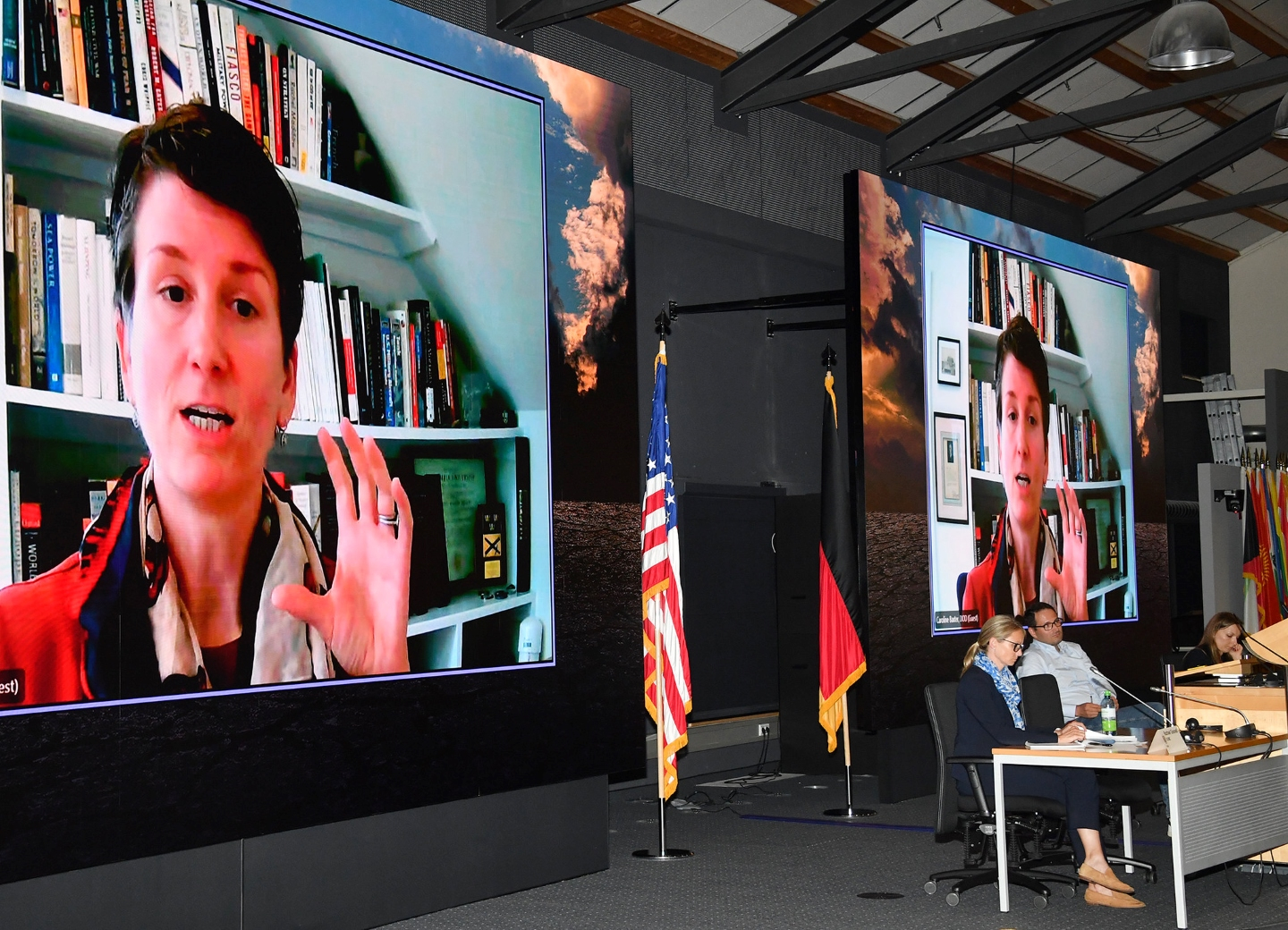
Katarina Kertysova from the European Leadership Network illustrated how NATO has been paying increased attention to the climate-security nexus in the past, and more recently in its Strategic Concept. The establishment of the new NATO Climate Change and Security Centre of Excellence in Montreal, Canada, by the end of 2023 is proof of the topic being recognized at the highest levels.
Dr. Florian Krampe from the Stockholm International Peace Research Institute showed how his institute is investing in the scientific study of the climate-conflict nexus and the importance of communication.
“My team is translating academic findings into something policymakers can use,” he said.
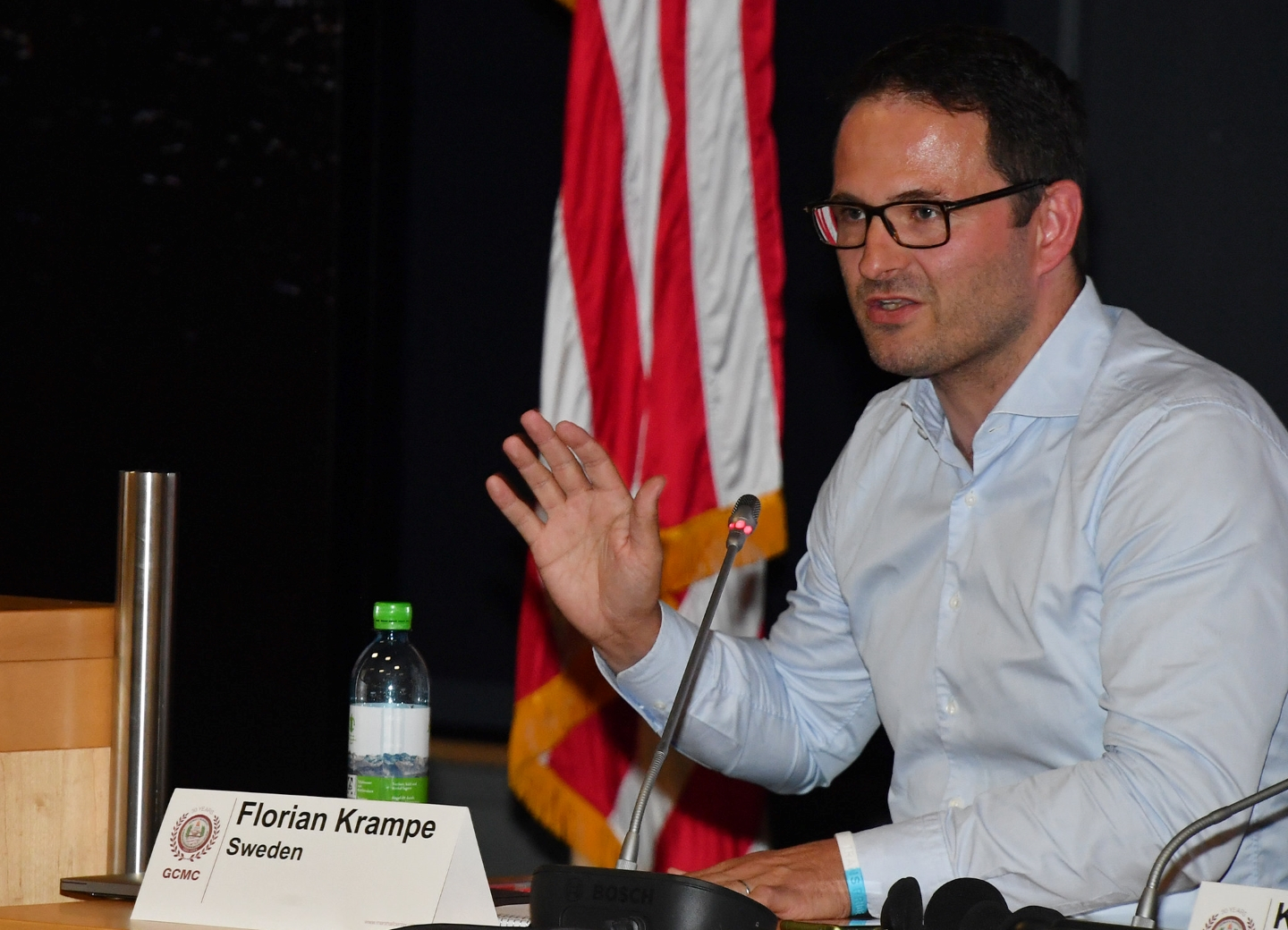
Taking a look at the human security dimension of climate change, Dr. Kira Vinke from the German Council on Foreign Relations in Berlin translated the problem into concrete risks to vulnerable populations. She shared insights from her extensive field research in Asia, the Caribbean and Africa. People most exposed to climate change effects are not only confronted with the loss of their livelihoods but also with the loss of their identity and social status. A farmer who is forced to migrate to a big city will hardly find a job, given the different skillsets required.
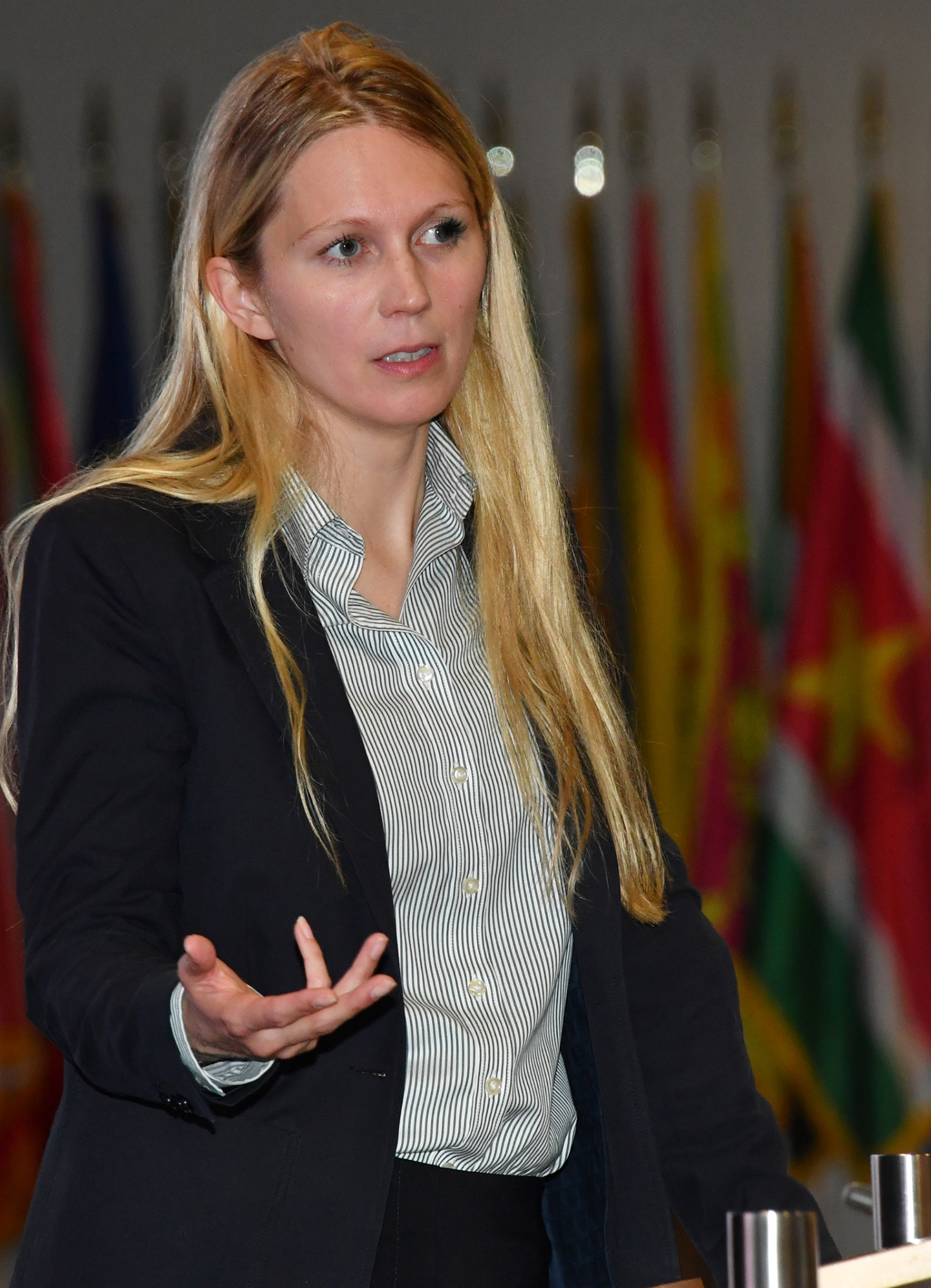
The Deans of three out of six Department of Defense Regional Centers participated in several sessions of the workshop. In a unique opportunity to compare regional perspectives on the climate-security nexus, they actively contributed as speakers in a panel moderated by Dr. Andrew Michta, Dean of Marshall Center’s College of International and Security Studies.
Retired Rear Adm. Matt Bell from the Ted Stevens Center for Arctic Security Studies in Alaska, Dr. Scott Tollefson from the William J. Perry Center for Hemispheric Defense Studies in Washington D.C., and Retired Navy Capt. Carleton Cramer from the Asia Pacific Center for Security Studies in Hawaii discussed how the climate-security nexus had become a topic in their own Area of Responsibility and in their curriculum development. With the participation of military professor Anne Moisan from the Near East South Asia Institute for Strategic Studies in Washington D.C., the workshop included attendees from five Regional Centers.
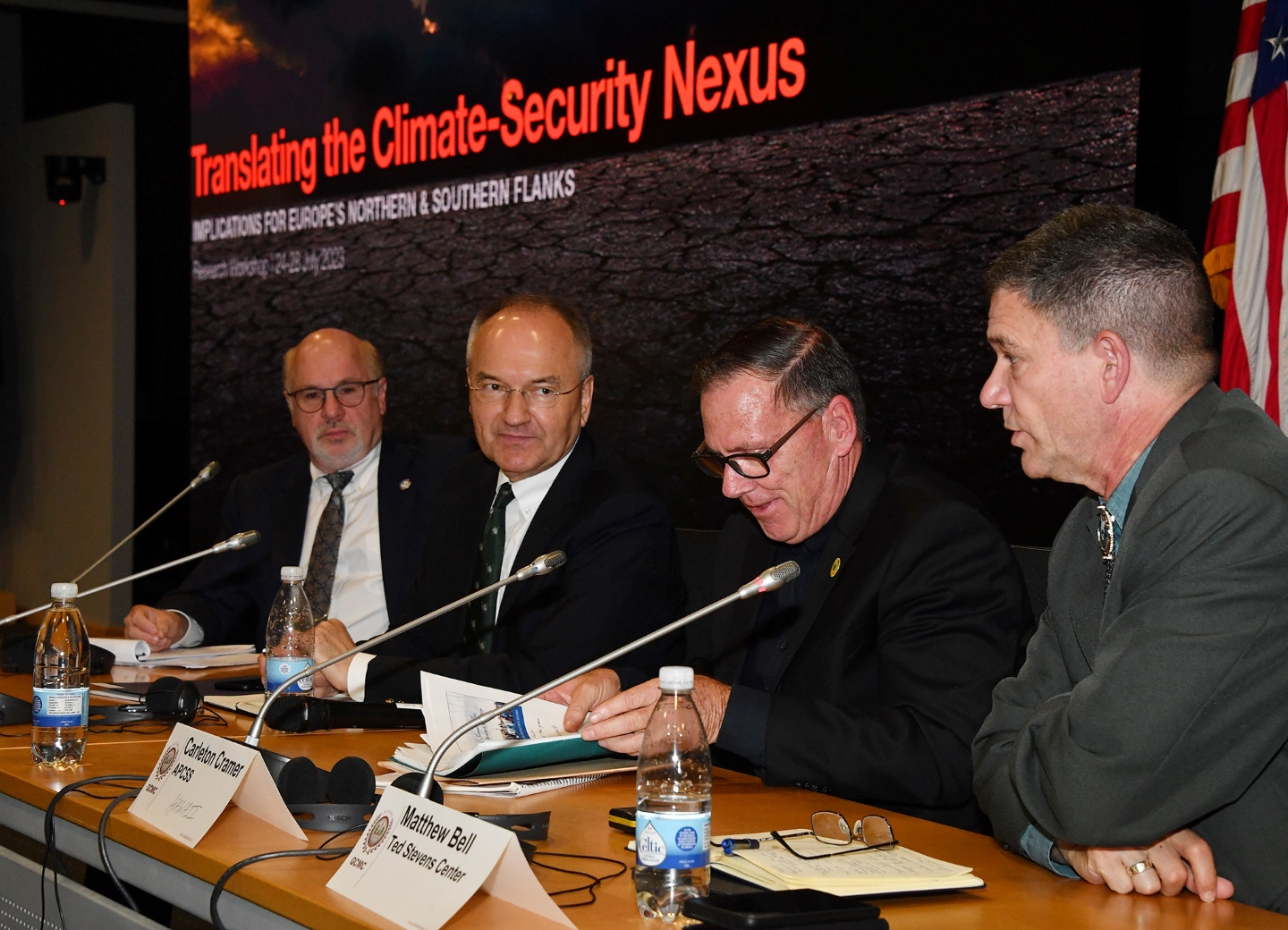
The workshop concluded with the German Deputy Director of the Marshall Center, retired Brig. Gen. Rolf Wagner, thanking the speakers and participants for their valuable contributions and active engagement during the week.
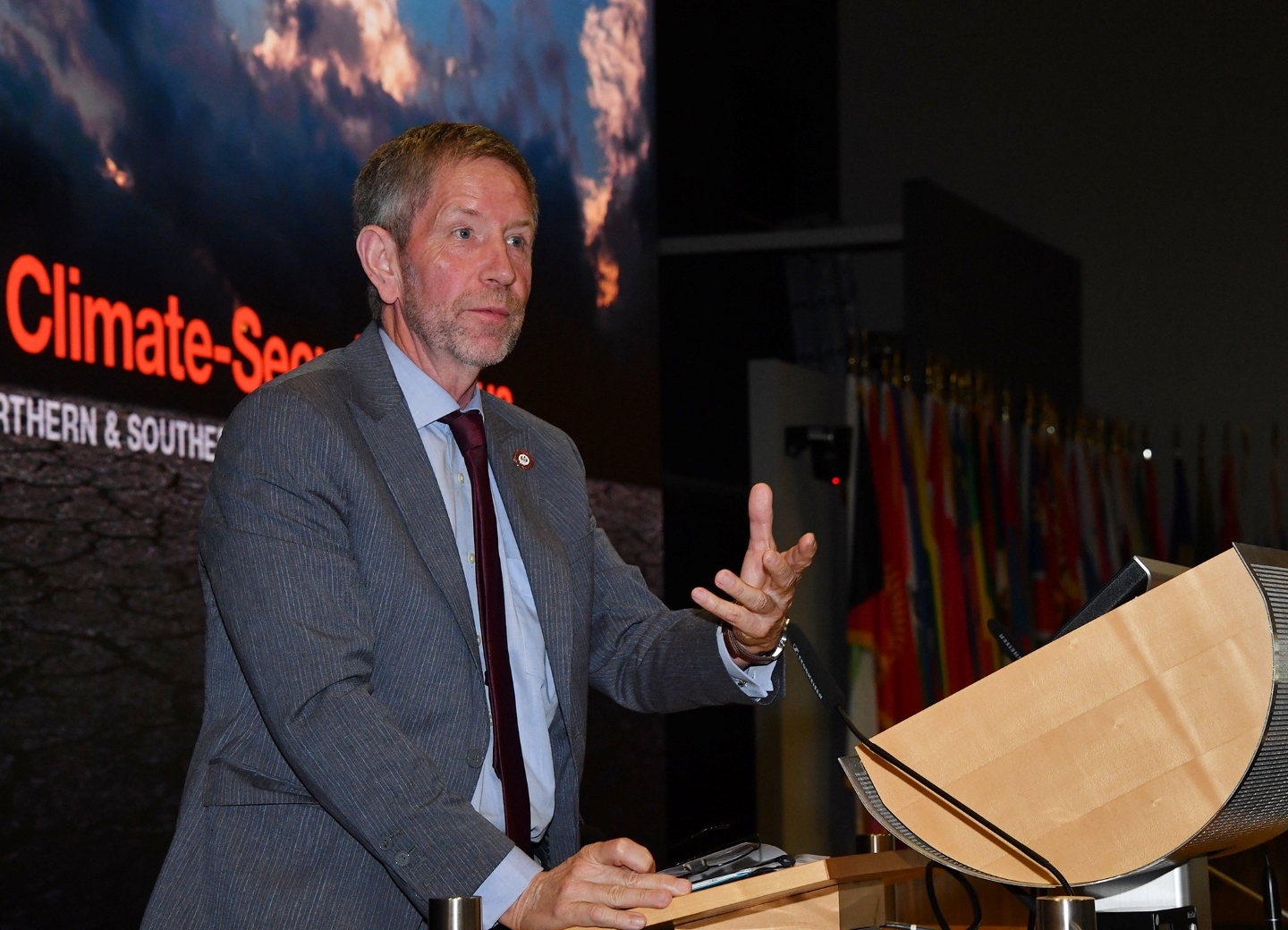
While Europe’s South, North Africa, and the Middle East were suffering from an extreme heat wave and wildfires, the participants experienced another extreme effect of climate change. In a field study trip to Zugspitze, the highest peak in the German Alps (2,962 m), participants had the opportunity to explore the Southern Schneeferner, one of the three glaciers located on Zugspitze which lost its official status as a glacier in 2022 due to melting ice. Its thickest expansion used to be 10 meters of ice in 2018. In 2022, it was less than six meters; and it is expected to melt completely by 2023-2024.
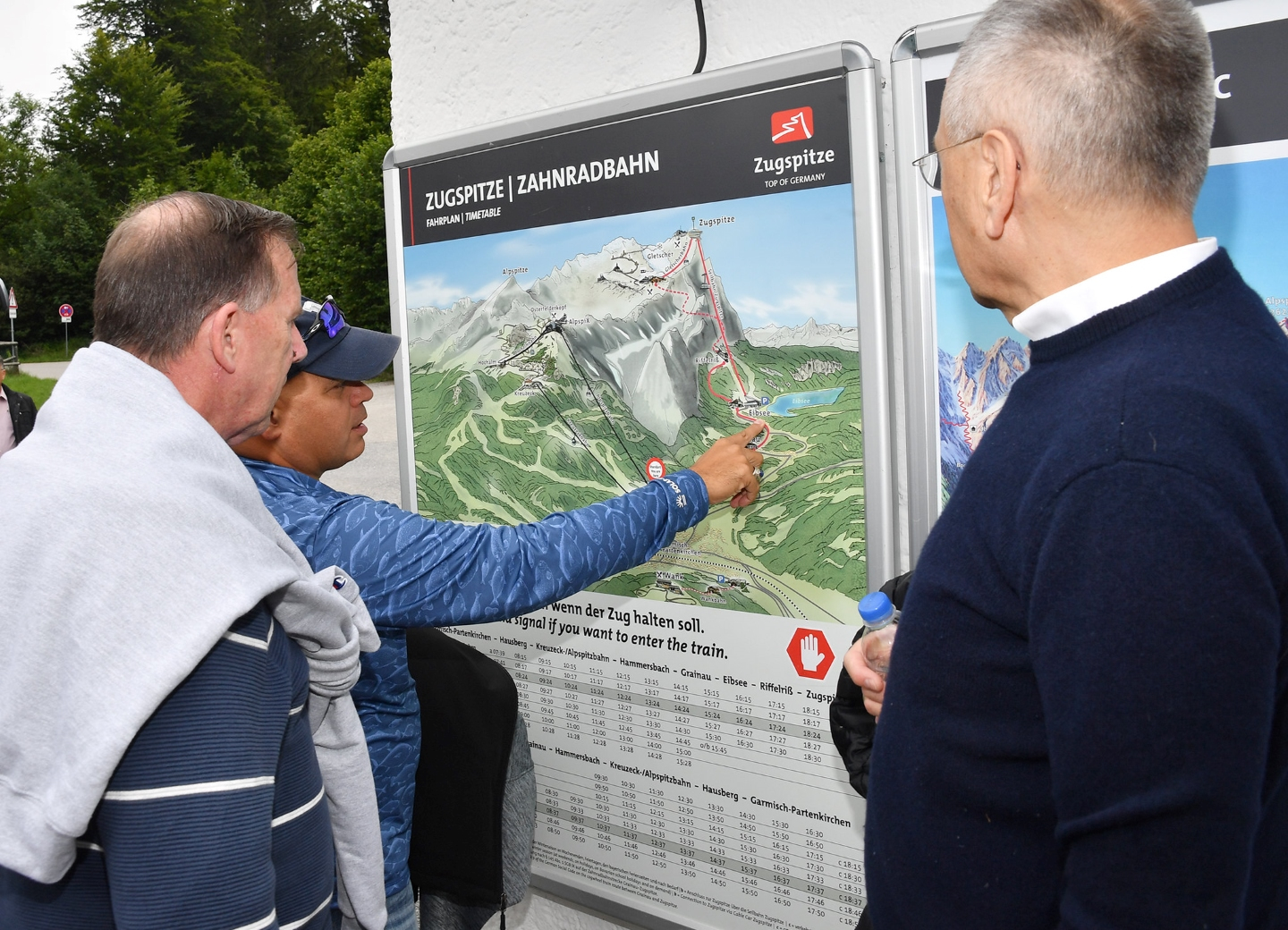
The final report of the workshop including key take-aways can be found here: Policy Brief “Translating the Climate-Security-Nexus”
The George C. Marshall Center for Security Studies, founded on June 5, 1993, is a renowned international security and defense studies institute. A bilateral partnership between the U.S. and Germany, it is a lasting cooperation that promotes dialogue and understanding among the nations of North America, Europe and Eurasia. In 2023, the Marshall Center marks its 30th anniversary, re-emphasizing its commitment to carrying Marshall’s vision, an enduring legacy that continues through the security education initiatives of the Center.
